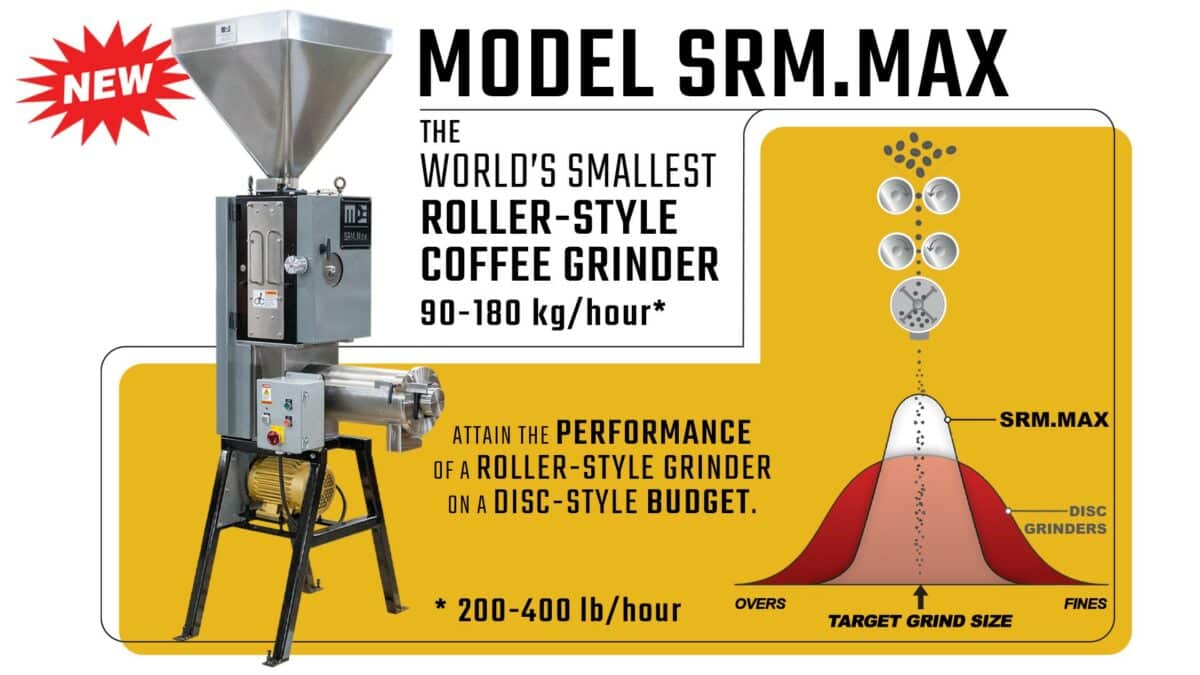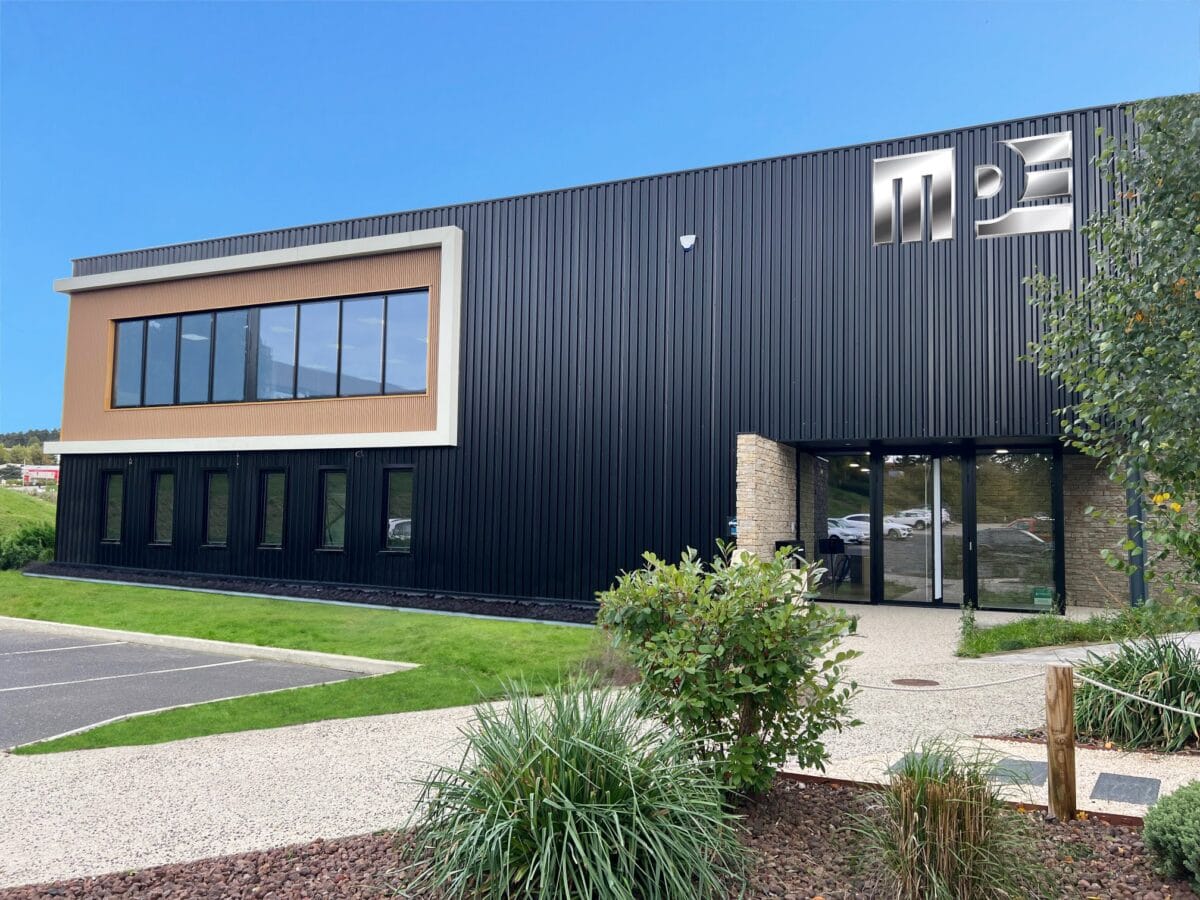Modern Process Equipment Corporation puts its customers at the centre of its operations, along with its values of innovation, precision, and support.
When Modern Process Equipment (MPE) Corporation set out to establish the core values of the company, it settled on innovation, precision, and support: innovation in how it produces its equipment, precision in how that equipment operates, and support in how it maintains its customer relationships.
Though only recently put on paper, President Daniel Ephraim tells Global Coffee Report MPE exhibited these traits since before he and his brother took over the company in 1982.
“As a family business, we don’t need to look at short-term return of investments. We can focus on the long-term and really innovate,” Ephraim says. This far-sighted approach has allowed MPE to anticipate trends and react to them with the most precise and effective equipment it can offer.
When it comes to support, Ephraim says MPE’s customer relationships can often go both ways.
“Our equipment and designs have almost exclusively been the result of collaboration with our customers,” Ephraim says. “Our customers tell us what they want, and we go ahead and develop those things.”
However, he adds that it’s rarely that straightforward.
“The customers don’t tell you what they want per se. They don’t say they want a new grinder. They say something like, ‘wouldn’t it be nice if we could have an automated grinding system?’” Ephraim says.
“Any time someone says, ‘wouldn’t it be nice?’ and it has something to do with our business, I think ‘wouldn’t it be nice if we came up with something?’”
In the case of the coffee capsule market, Ephraim noticed that some customers were struggling with a challenge. Roasters could either use a floor-level roller grinder and store the coffee before packaging, or they could use a smaller disc grinder – with a less consistent grind and density – placed directly above the packaging machine and transfer the coffee instantaneously.
To combine the best of both worlds, MPE has launched the In Situ roller grinder, designed to be compact enough to fit directly above a packaging machine. While some roasters already use a disc grinder placed in this position, Ephraim says roller grinders offer a superior grind and density.
“Previous roller grinders would weigh around two to four tonnes and were too big to put on top of the packaging machine. You can do this with the In Situ for about one-third the cost of one of these bigger grinders, and with that, the customers gets freshness, a consistent grind, and reduction in work-in-process,” Ephraim says.

“When coffee is stored, it starts to stale, and the In Situ eliminates the need to do that. Ground coffee also contains different sized particles, and the more you move the coffee, the more those particles gather with those the same size. If that happens, the coffee that ultimately goes in a capsule or device may not be a consistent grind, affecting the taste of the coffee.”
The first roaster to implement the In Situ grinder was Beyers Koffie. With sites in Italy and Belgium producing whole bean, ground, and capsule coffee, Beyers Koffie CEO Marco Ciaramelli says manufacturing capsules requires a unique grinding solution.
“The need for a more homogenous grinding was the main driver to evaluate the potential of an In Situ roller grinder,” Ciaramelli says.
“More even granulometry and higher density are generating a better extraction flow and timing, in particular for lungo coffee, and are also making possible a higher weight of coffee per capsule.”
Ciaramelli says the In Situ grinder has added value in both the cup result and production process, and Beyers Koffie is evaluating further investment in this type of technology.
“MPE is an excellent partner with very professional and expert people,” Ciaramelli says. “We are particularly proud to be the one with whom MPE has developed this new way of grinding, which we believe will play an important role in the future of grinding coffee for capsules.”
More widely, Ephraim says MPE has received a positive response to the In Situ grinder.
“Our customers have said the coffee has a better flavour and they’re able to better control the packaging consistency. They’re also able to get more coffee into a capsule on a more consistent basis,” Ephraim says.
“Up until now, it has fulfilled everything they wanted.”
Looking ahead, Ephraim says MPE has a portfolio of future plans for the coffee industry, not just in grinding but conveying and plant production.
“Virtually every salesperson, engineer, and manager is a graduate engineer, almost all in mechanical engineering. We like to think of ourselves as folks that understand the machinery, enjoy working with our customers, and can optimise or utilise that equipment,” Ephraim says.
“We consider it part of our core values that we’re innovators. That’s in our DNA and how we started. Ninety-five per cent of the products we have today weren’t invented 30 years ago, and we expect the same to be true in 30 years.”
This article was published in the Global Coffee Report, October 2019 issue.



